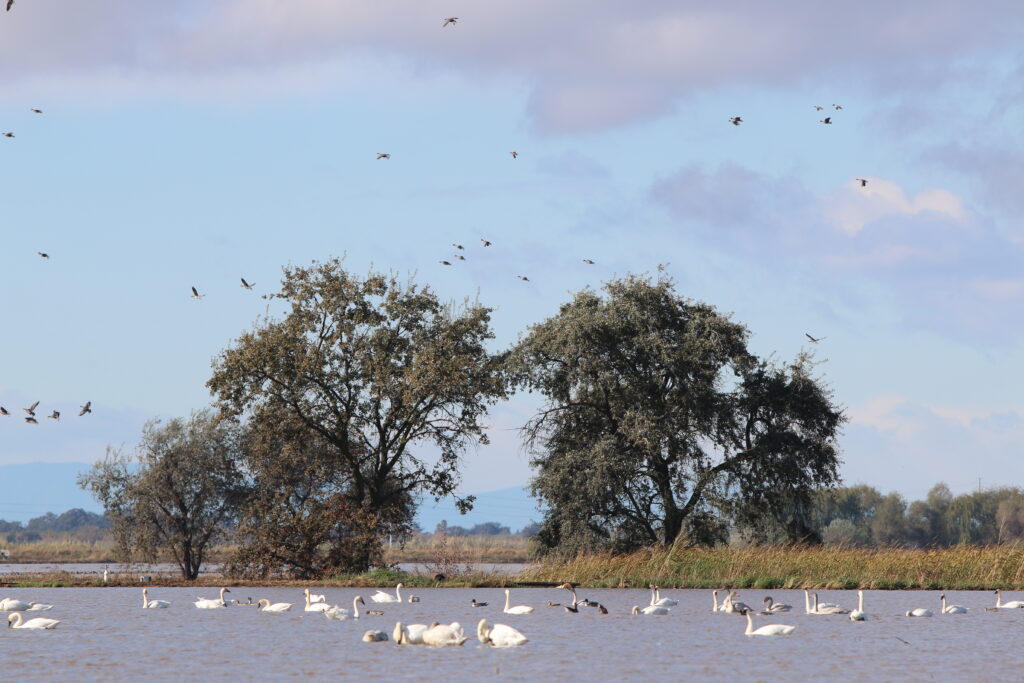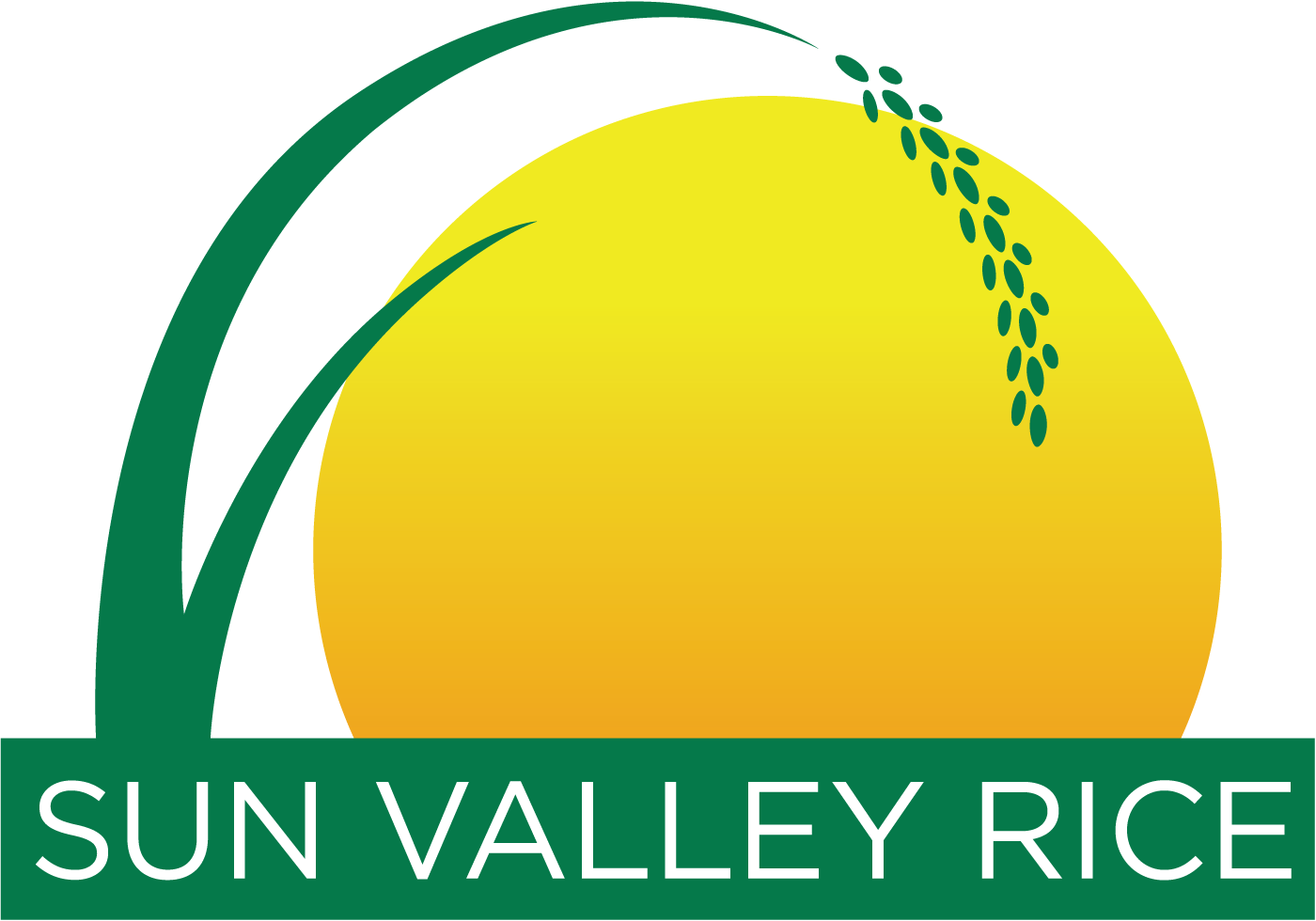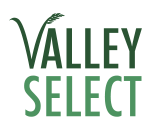![]()
![]() SACRAMENTO, CA. // JULY 24, 2024
SACRAMENTO, CA. // JULY 24, 2024
At Sun Valley Rice, we believe in the power of innovation and sustainability to shape the future of agriculture. Recently, the California Department of Food and Agriculture (CDFA) has been working to define and standardize ‘regenerative agriculture.’ As longstanding California regenerative rice growers, we wrote an open letter to the CDFA to share our thoughts on this pivotal standardization. Here’s our take:
More Than Just a Practice
As a family-owned, vertically integrated rice processing company based in Arbuckle, California, we are committed to leading the charge in regenerative agriculture. This approach is not just a trend for us; it’s a fundamental part of who we are and how we operate.
The term ‘regenerative agriculture’ has the potential to connect consumers to their food in a powerful way. While each agricultural commodity requires different farming techniques, it is clear that all agriculture requires soil, water, and coexistence with local wildlife.
In this way, regenerative agriculture is more than a set of farming practices; it’s a holistic approach to agriculture that focuses on the health of the overall ecosystem. It includes practices that enhance soil health, improve water quality, and increase biodiversity. By focusing on these core principles, regenerative agriculture aims to create a sustainable and resilient agricultural system that benefits both the environment and the community.

Our Commitment to Regenerative Practices
Since our founding in 2000, Sun Valley Rice has been dedicated to sustainable agricultural practices. We work closely with approximately 125 family rice farms around the Sacramento Valley, employing over 100 local workers. Our commitment to sustainability is reflected in our continuous efforts to improve farming techniques, enhance soil health, and provide habitats for over 200 species of wildlife, including millions of migratory birds.
Advocating for a Broad Definition
In our open letter to the CDFA we advocated for an inclusive definition of regenerative agriculture, one that empowers California producers. Here’s why this is crucial:
- Emphasize Core Principles: The definition should focus on practices that enhance soil health, water quality, and biodiversity. These principles are fundamental to sustainable agriculture and resonate with the goals of improving the environment and agricultural productivity.
- Encourage Continuous Improvement: Farmers should be supported in their journey to continuously improve their practices. This includes providing resources and incentives for adopting new and innovative techniques that align with regenerative principles.
- Foster Inclusivity: The definition should allow for a wide range of sustainable practices, not limited to organic certification. This inclusivity ensures that more farmers can participate and contribute to regenerative goals, increasing the overall impact.
Why It All Matters
California stands out among other agricultural areas because it produces over 400 unique commodities, far more than any other state. Consequently, the CDFA has the distinctive responsibility of creating a definition of regenerative agriculture that includes the diverse farming techniques specific to each commodity. A narrow definition risks discouraging California producers from engaging in regenerative practices, thereby limiting the overall impact on soil health, water quality, and biodiversity.
What We All Stand to Gain
By adopting a broad and inclusive definition of regenerative agriculture, the CDFA can support the diverse needs of California’s agricultural sector while promoting environmental stewardship and resilience. This approach will ensure that regenerative agriculture remains a dynamic and evolving practice, capable of addressing the complex challenges of food security, biodiversity, and climate change.
At Sun Valley Rice, we are proud to be at the forefront of this movement, advocating for sustainable practices that benefit everyone. Together, we can build a future where agriculture thrives in harmony with the environment, ensuring a healthy and sustainable food supply for generations to come.
Stay tuned for more updates on our regenerative agriculture initiatives and follow us on our social channels for the latest news and insights.
To learn more about our regenerative practices visit us at https://sunvalleyrice.com/sustainablility-quality/
Posted in:

